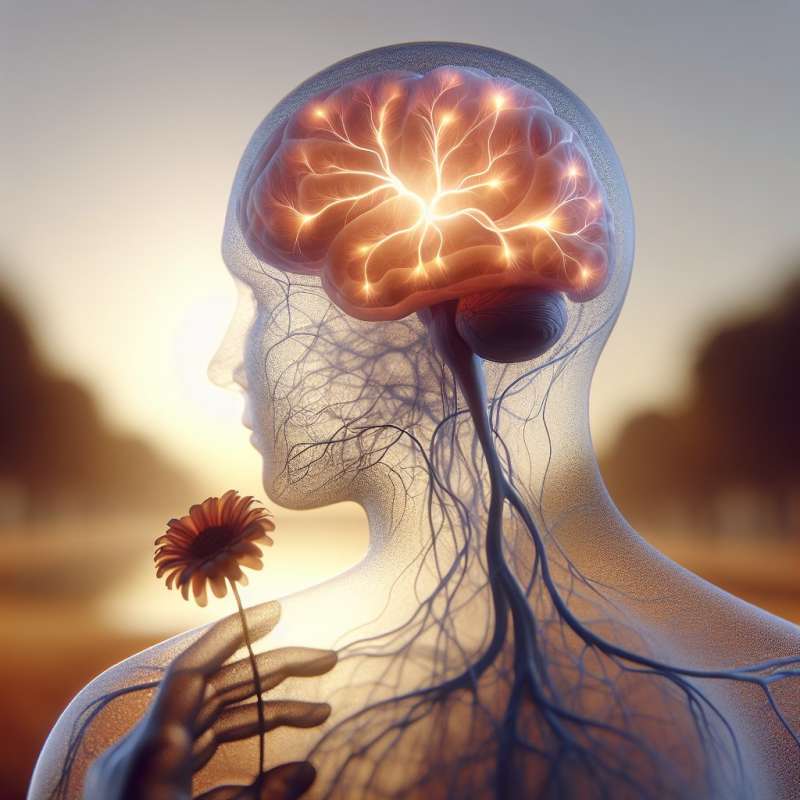
Understanding Loss Emotions
Feelings of loss often trigger a complex emotional response known as grief. This encompasses stages of denial, anger, bargaining, depression, and acceptance, a model introduced by Elisabeth Kübler-Ross in 1969.
Biological Impact on Brain
Losing activates brain areas linked to reward, motivation, and emotion, such as the anterior cingulate cortex and orbitofrontal cortex, similar to physical pain, explaining why loss feels so visceral.
Social Effects of Losing
Loss can lead to social withdrawal and loneliness. Surprisingly, social pain and physical pain share neural similarities, which is why social support is crucial in mitigating the pain of loss.
Learning from Failure
Every loss provides feedback. Psychologist Carol Dweck's 'growth mindset' concept emphasizes that embracing challenges and persisting in the face of setbacks is essential for learning and growth.
Creativity in Coping
Coping with loss can spark creativity. Neuroscientific research suggests that the brain's default mode network, associated with daydreaming, becomes more active during tough times, potentially enhancing creativity.
Physical Exercise Benefits
Physical activity can alleviate symptoms of depression and anxiety associated with loss. Exercise releases endorphins, which are natural mood lifters, and helps in creating a routine during turbulent times.
Rituals Aid Healing
Rituals, whether spiritual or personal, provide a sense of control and predictability. Studies show that they can reduce feelings of helplessness and improve emotional stability after a loss.
Who introduced grief's five stages?
Sigmund Freud
Elisabeth Kübler-Ross
Carl Jung
Company